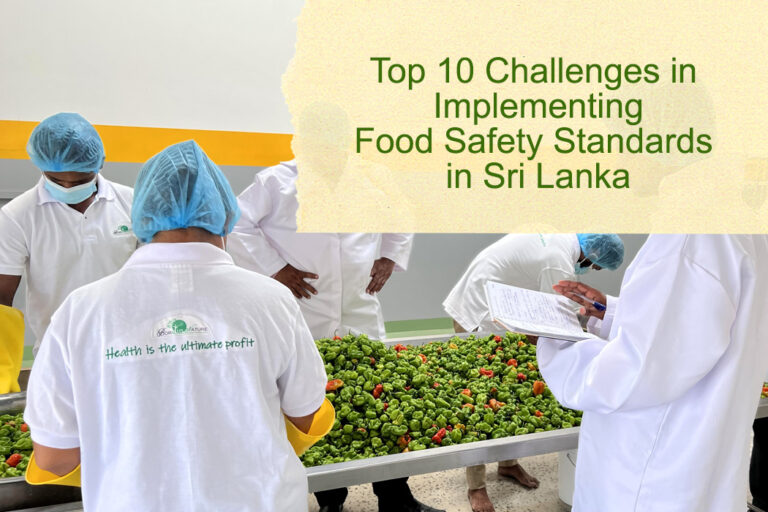Why Implementing a Food Safety Management System is Essential for Your Food Manufacturing Facility
Access to safe, high-quality food is a fundamental human right. As food manufacturers or service providers, ensuring food safety and quality is a collective responsibility that directly impacts public health, consumer confidence, and business sustainability.
To meet these expectations, globally recognized food safety and quality standards have been established and widely adopted across the industry. These include: GMP, HACCP, ISO 22000, FSSC 22000, BRCGS, SQF, IFS, etc.
These standards are designed to be universally applicable, regardless of geographic location, size of operation, or economic status. Whether a facility operates in a developed or developing country, certification under the same standard ensures a consistent and comparable level of food safety and quality. This global uniformity not only enhances transparency and accountability but also fosters mutual trust between trading partners.
As a result, certification under an internationally accepted food safety management system (FSMS) reduces barriers to entry in global markets, particularly for businesses in developing regions. Importing countries gain greater assurance in the integrity of exported products, thereby increasing the competitiveness and export potential of certified facilities.
Moreover, food safety management systems provide a structured, science-based approach to meet safety and quality expectations. For example, almost all FSMS frameworks use the HACCP principles, which involve conducting a hazard analysis, determining critical control points (CCPs), establishing critical limits, and implementing monitoring and corrective actions, effective documentation and verification procedures. This systematic approach minimizes risks and ensures continuous compliance with regulatory and customer requirements across the vast food manufacturing spectrum.
From a commercial perspective, certification under a reputable FSMS enhances brand credibility and marketability. It signals to consumers, customers, and regulatory bodies that your company is committed to food safety, quality, and continuous improvement. This, in turn, can lead to increased customer loyalty, expanded market access, and long-term business growth.
Conclusion
Implementing and certifying a food safety management system offers a broad range of opportunities. It is a strategic asset. It strengthens operational efficiency, builds stakeholder confidence, facilitates global trade, and reinforces your brand’s reputation. In a highly competitive and quality-conscious market, it is one of the smartest investments a food business can make.




